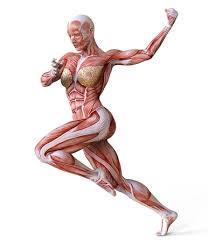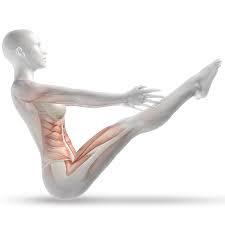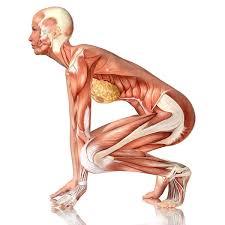
Exercise plays a crucial role in women’s health across various aspects, from physical well-being to mental and emotional health. Here are some key areas where exercise has a significant impact:
Physical Health Benefits
1. Cardiovascular Health: Regular physical activity helps maintain heart health, reducing the risk of cardiovascular diseases such as heart attacks and strokes. It improves circulation, lowers blood pressure, and helps manage cholesterol levels.
2. Bone Health: Weight-bearing exercises like walking, running, and resistance training are particularly important for women as they help maintain bone density and reduce the risk of osteoporosis, especially post-menopause when bone density can decrease rapidly.
3. Weight Management: Exercise is essential for maintaining a healthy weight. It helps burn calories, build muscle, and boost metabolism, making it easier to manage body weight.
4. Muscle Strength and Flexibility: Strength training improves muscle mass, which is crucial for overall strength, balance, and mobility. Flexibility exercises, such as yoga or stretching, enhance range of motion and reduce the risk of injuries.
5. Reproductive Health: Regular exercise can alleviate symptoms of premenstrual syndrome (PMS) and menopause. It also promotes healthy pregnancy outcomes and can help with postnatal recovery.

Mental and Emotional Health Benefits
1. Mood Enhancement: Physical activity stimulates the production of endorphins and other feel-good hormones, which can help reduce symptoms of depression, anxiety, and stress.
2. Cognitive Function: Regular exercise has been linked to improved cognitive function and a lower risk of cognitive decline and diseases such as Alzheimer’s.
3. Sleep Quality: Engaging in regular physical activity can improve the quality of sleep, helping women fall asleep faster and enjoy deeper sleep.
4. Self-Esteem and Body Image: Regular exercise can boost self-esteem and improve body image by promoting a sense of accomplishment and physical well-being.
Social and Lifestyle Benefits
1. Social Interaction: Group exercises, team sports, or fitness classes provide opportunities for social interaction, which can enhance emotional support and reduce feelings of isolation.
2. Healthy Habits: Women who exercise regularly are more likely to engage in other healthy behaviors, such as maintaining a balanced diet, avoiding smoking, and limiting alcohol consumption.

Specific Considerations
1. Life Stages: Exercise routines may need to be adjusted based on life stages, such as during pregnancy, post-pregnancy, or menopause. For example, low-impact activities like swimming or prenatal yoga are often recommended during pregnancy.
2. Chronic Conditions: Women with chronic conditions like arthritis, diabetes, or heart disease should consult healthcare providers to tailor exercise plans that suit their health status and capabilities.
3. Body Image and Eating Disorders: While exercise is beneficial, it’s essential to approach it with a healthy mindset. Over-exercising or exercising with the sole aim of weight loss can lead to negative outcomes, including eating disorders.
Conclusion
Exercise is integral to women’s health, offering a wide range of benefits that extend beyond physical well-being. It contributes to mental and emotional health, enhances quality of life, and supports healthy aging. Women should be encouraged to engage in regular physical activity tailored to their individual needs and life stages, ensuring a balanced and sustainable approach to fitness.
